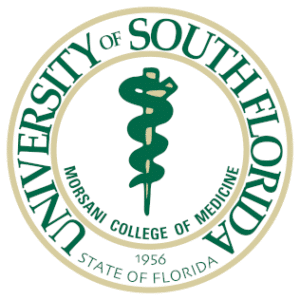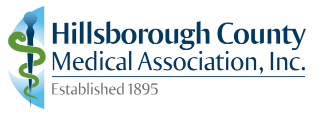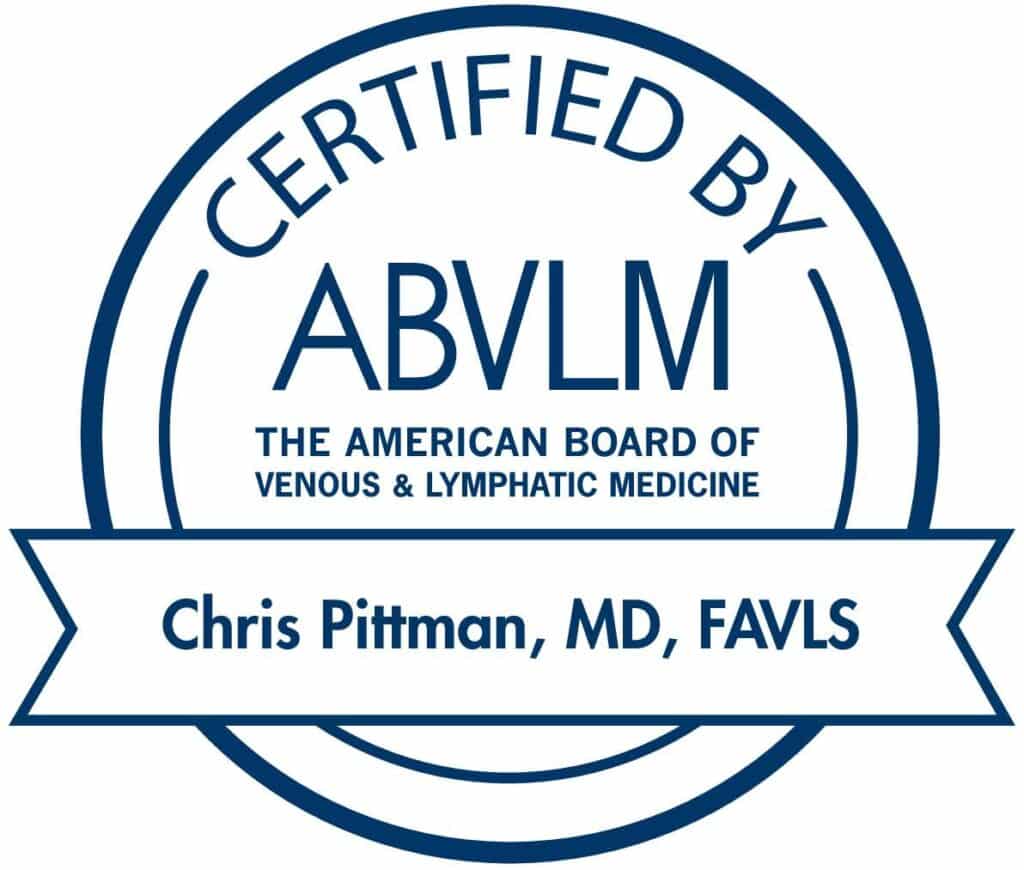Your lymph system is an interconnected network of nodes and tubes or vessels that plays an integral role in the body’s immune system and also serves to drain away excess fluids, waste, and toxins that collect in the body’s soft tissues. The lymph fluid inside the tubes and nodes also carries infection-fighting white blood cells throughout your body to help ward off diseases and infections.
Lymphedema Causes
A normally-functioning lymph system is important for optimal health and wellness, but sometimes, the system becomes damaged and no longer works the way it’s supposed to. When the lymph system doesn’t function normally, fluid can build up in your soft tissues, resulting in chronic and often painful swelling in your legs or arms. This condition is called lymphedema, and without prompt and ongoing management, it can take a serious toll on your life and your well-being. The most common lymphedema causes include:
- lymph node removal
- traumatic injury to one or more lymph nodes
- cancer treatments including chemotherapy and radiation
- genetic or hereditary conditions that cause lymph system dysfunction
- other diseases or conditions that cause the system to become blocked
In addition, some risk factors make it more likely you’ll develop lymphedema, including older age, obesity, and autoimmune conditions like rheumatoid or psoriatic arthritis.
Fatigue and Lymphedema
Although swelling in the legs, feet, arms and hands is perhaps the most recognizable symptom of lymphedema, persistent and chronic fatigue is another common symptom, and for some people, it can become so severe, even normal daily activities can become difficult. Fatigue is widely reported in many people who develop lymphedema following cancer treatment. So far, researchers have been unable to determine the specific link between lymphedema and fatigue, but they theorize it could be related to the underlying disease or disease treatment, or it may be related to the physical strain and difficulty that comes with moving the enlarged limb and using it in normal everyday functions.
For others, the stiffness and discomfort of lymphedema may simply make the movement more burdensome, resulting in a decrease in physical activity and depression, which itself is often associated with increased feelings of fatigue. No matter the cause, the key to feeling more energized is to seek treatment from a doctor who’s skilled in lymphedema management.
Lymphedema Treatment
Although there’s no cure for lymphedema, the symptoms can be managed so you feel more comfortable and less tired out. Lymphedema treatment begins with a thorough evaluation of your symptoms and your overall health, as well as a review of your medical history and your current medications. Many people with lymphedema respond to lifestyle changes and simple habits that help reduce swelling and the discomfort it can cause. Depending on your needs and your symptoms, your lymphedema treatment plan might include:
- light to moderate exercise to reduce stiffness and promote fluid drainage so swelling is decreased
- compression garments to exert gentle, consistent pressure on the affected limb, encouraging fluid drainage to reduce swelling and stiffness
- massage therapy using special techniques to promote fluid drainage in your limbs and to reduce stiffness that can develop in disused joints
- ongoing surveillance of your skin to watch for signs of breakdown that could increase your risks of skin ulcers and subsequent infections
The key to successfully managing your symptoms and restoring greater mobility is to see your vein doctor regularly to ensure your treatment options remain optimized for your symptoms, your lifestyle and your medical needs. Seeing your doctor on a routine basis also allows your physician to look for signs of tissue breakdown and other issues that need to be addressed to prevent possible complications.
Learn more about managing your lymphedema symptoms.
Managing lymphedema-related fatigue and other symptoms is an ongoing process, but the benefits can be substantial. As a top provider of lymphedema treatment in Tampa and St. Petersburg, Vein911® Vein Treatment Centers offers state-of-the-art techniques to help patients relieve uncomfortable symptoms and prevent serious complications. To learn more about the treatment options we offer or to schedule an appointment, call Vein911® Vein Treatment Centers at 855-396-9911 today.











